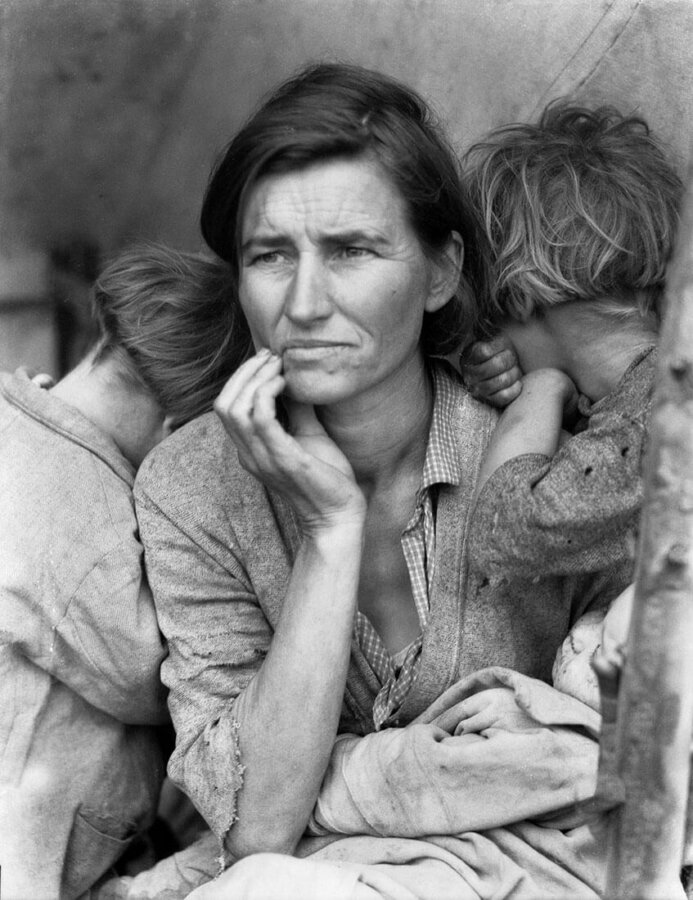
Course & Conference
The Consequences of Photography
Study day directed by Laure Poupard
Saturday 01 December 2018 • 11:30 AM
Jeu de Paume – Paris
“The good photograph is not the object, the consequences of the photograph are the object.” (D. L.)
On the occasion of the exhibition devoted to the American photographer Dorothea Lange, Jeu de Paume is organising a study day on the theme of the image as tool for serving information, education and persuasion.
In one of her many writings, Dorothea Lange states: “The good photograph is not the object, the consequences of the photograph are the objects. So that no one would say, how did you do it, where did you find it, but they would say that such things could be.”
During this day, international specialists will discuss the uses of photography in relation to political and social change, a question that has been germane ever since the 1930s and remains so today.
PROGRAMME
11.30 am–1.30 pm
The day of discussion will begin with the historical context of the interwar years and the development of photographic projects to serve social and economic reform and political propaganda. These discussions will cast light on the issues raised by some of the great political and social crises of the 1930s, and will show how photography was used to respond to these.
Art historian Laure Poupard, who is directing this study day, will present a number of photographic projects put in place by the United States government during the Great Depression. She will emphasise, among other things, the diversity of visual strategies implemented by the different branches of the administration during the New Deal.
Pia Viewing, curator of the exhibition “Politiques du visible,” will present the work of Dorothea Lange.
Bernd Stiegler, professor of modern German literature and media theory at the University of Konstanz, whose research bears on the history of photography in the 19th and 20th centuries, will discuss the relations between photography and national construction in Germany during the interwar period.
Gennifer Weisenfeld, currently Dean of Humanities and professor at Duke University and a historian of modern Japanese art, will propose a parallel with Japanese imperial propaganda and will help to identify the attributes of a modern and globalised modern graphic aesthetic.
After these presentations, a discussion between Laure Poupard, Pia Viewing, Bernd Stiegler and Gennifer Weisenfeld will bring out the visual codes but also the themes shared by the four contexts under study.
3–6 pm
Round table aiming to transpose the arguments and questions raised during the morning sessions into the contemporary context. The different interventions will attempt to convey the evolution of photography and lens-based images in general as communication tools and means of social mobilisation. A number of questions will be addressed individually to each of the contributors before a conversation is held. Those present will be:
Stephen Duncombe, professor at the Media, Culture and Communication department at New York University, co-founder of the Center for Artistic Activism and author of several books on American popular visual culture.
Joëlle Zask, lecturer at the Université de Provence, specialist of American pragmatic philosophy and author of several books on art and democracy.
André Gunthert, lecturer in visual history at the École des Hautes Études en Sciences Sociales.
Laura Wexler, professor of American Studies at Yale University and author of several books on the role of photography in the constitution of the American collective memory.
The study day will end with a discussion between contributors, moderated by Laure Poupard.
